Seminar Series Artificial Life, AI, Art and Altered Nature
Date: 2022.8.7 (Sun.)
Time:4.00 p.m. – 6.30 p.m
Speakers:Entangled Others Studio, William Latham, ZHANG Kang
Academic Host: ZHANG Kang
Language: English
Organized by
Aiiiii Art Center, Computational Media and Arts, HKUST(GZ), Chronus Art Center
Curated by
WU Ziwei, LI Xi, BI Xin, CAO Jiamin
Coordinator: WANG Shan
The term “Artificial Life” was coined by computer scientist Christopher Langton in 1987. However, the notion and practices of “artificial life” are far predated. This topic has long been an interest of scientists and artists, who have been exploring the fundamental principles of life and attempting to think life in the context of an artificial system.
In recent times, Artificial Intelligence algorithms have been widely implemented in various interdisciplinary fields including Computational Biology and Synthetic Biology. Through synthesising or simulating hardware, software, and wetware, technology restructures and represents the characteristics of the natural living system. Meanwhile, in the increasingly participatory interactions between humans and non-human entities, the technological assemblage also behaves like a living organism, performing in the collaboration and cohabitation with environment.
How can life be reimagined in the process of the transition? What is the aesthetics in Artificial Intelligence and the realm of life? How can artificial beings perform in symbiosis with the community and even influence society and culture? How do we perceive the ethical and moral issues?
Co-organized by Chronus Art Center, Aiiiii Art Center, Computational Media and Arts, and HKUST(GZ), the seminar aims to bring artists, scientists, and scholars together to discuss from different perspectives how and why artists and scientists create Artificial Life. How was technology inspired by living things? How to understand the biological nature of technology? How have these fields entangled with nature and present themselves in another form of nature?
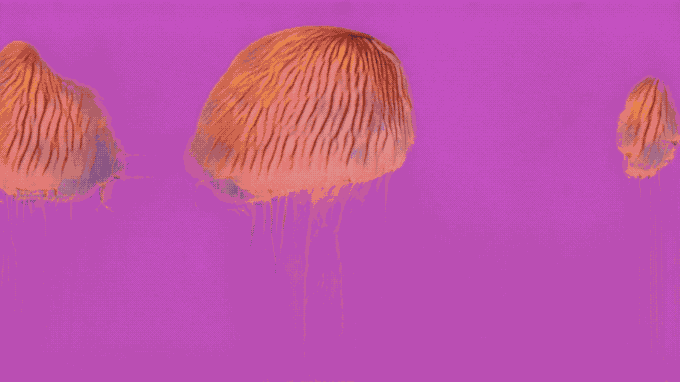
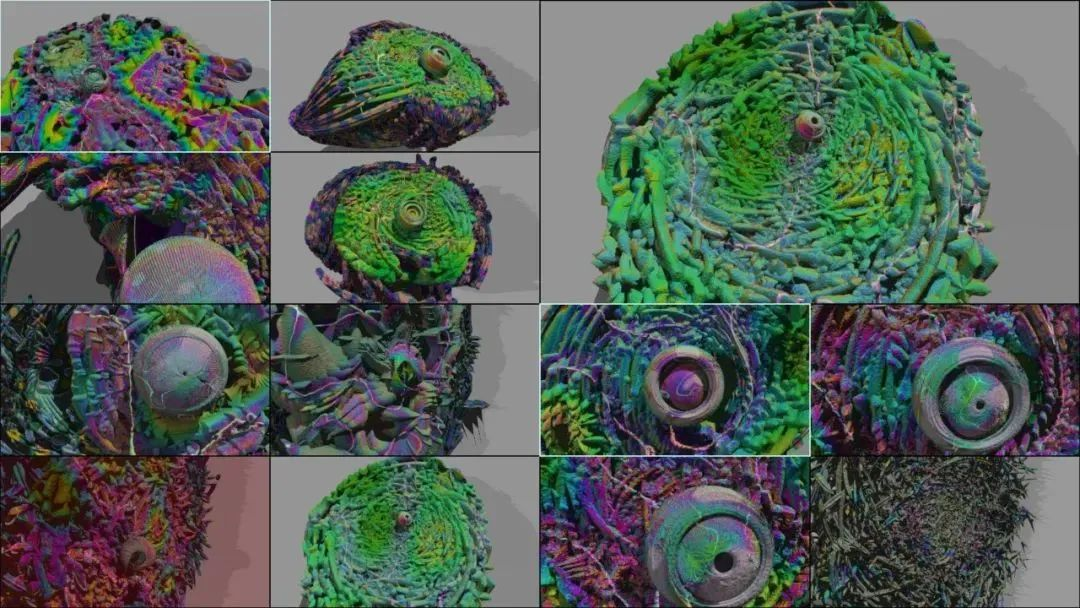
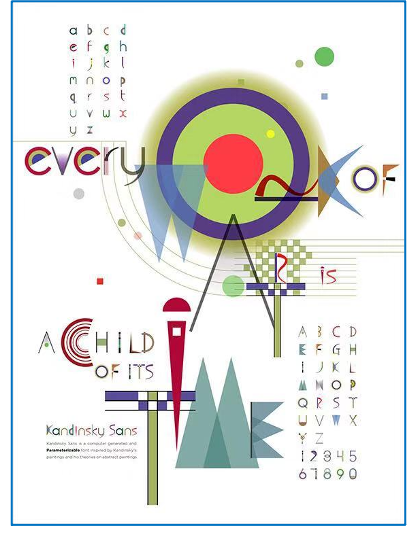

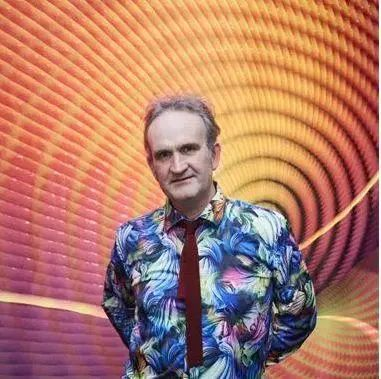
William Latham
William Latham is a designer of computer games, a computer artist and entrepreneur. Expertise in evolutionary art, graphics, generative art, genetics, and the entertainment and video games industries, Latham obtained his BA in Fine Art at the Ruskin School of Art, Oxford University in 1982. The same year, he became a Henry Moore Scholar and studied Fine Art at the Royal College of Art until 1985. By then he had developed his Form Synth process, a rule based evolutionary drawing process in the form of a flow diagram, that prefigured his move to programming. In 1986, he presented an original paper on FormSynth at the BCS Computer Graphics and Displays Group and the following year started working at The IBM UK Scientific Centre in Winchester as a Research Fellow. He is also a co-Director of London Geometry Ltd which has developed serious games for mobile with UCL Institute of Cognitive Neuroscience and the NHS for stroke patients.. He is an Honorary Research Fellow at The Institute of Cognitive Neuroscience UCL.
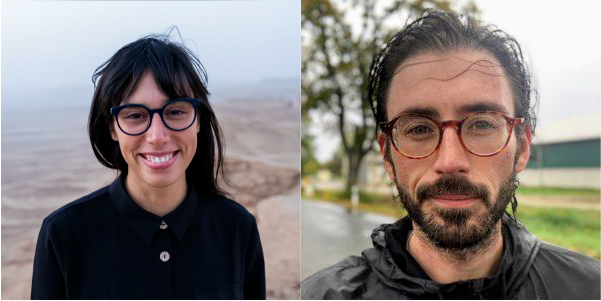
Entangled Others
Entangled Others is the shared studio practice of artists Feileacan McCormick and Sofia Crespo. Their work focuses upon ecology, nature, and generative arts, with an emphasis on giving the more-than-human new forms a presence and life in digital space. This involves exploring questions of relationship, biodiversity, and awareness through biology-inspired technologies. In turn, they highlight how through conscious efforts, new technology can be used to bring attention and awareness to the unseen that we are tightly interwoven with.
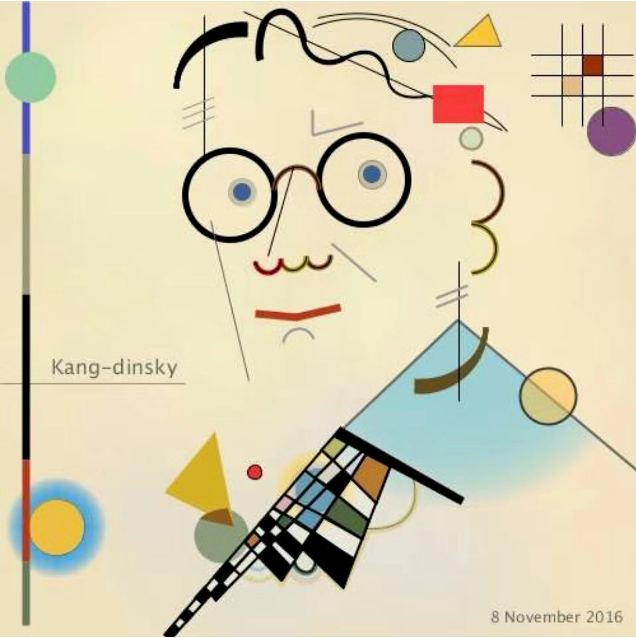
ZHANG Kang
ZHANG Kang is Professor of Computational Media and Arts, Hong Kong University of Science and Technology (Guangzhou), and Professor Emeritus of Computer Science at the University of Texas at Dallas. He was a Fulbright Distinguished Chair and ACM Distinguished Speaker, and held academic positions in USA, Czech Republic, Australia, and UK. Dr. Zhang has published 8 books, over 100 journal papers, and delivered keynotes in computer science, architecture, art, design, and psychology areas, and won numerous art and design awards.Interdisciplinary research topics of computational aesthetics and aesthetic computing, and their differences and relationships. We then focus on computational aesthetics, in particular, on the aesthetic measurement of paintings and applications.